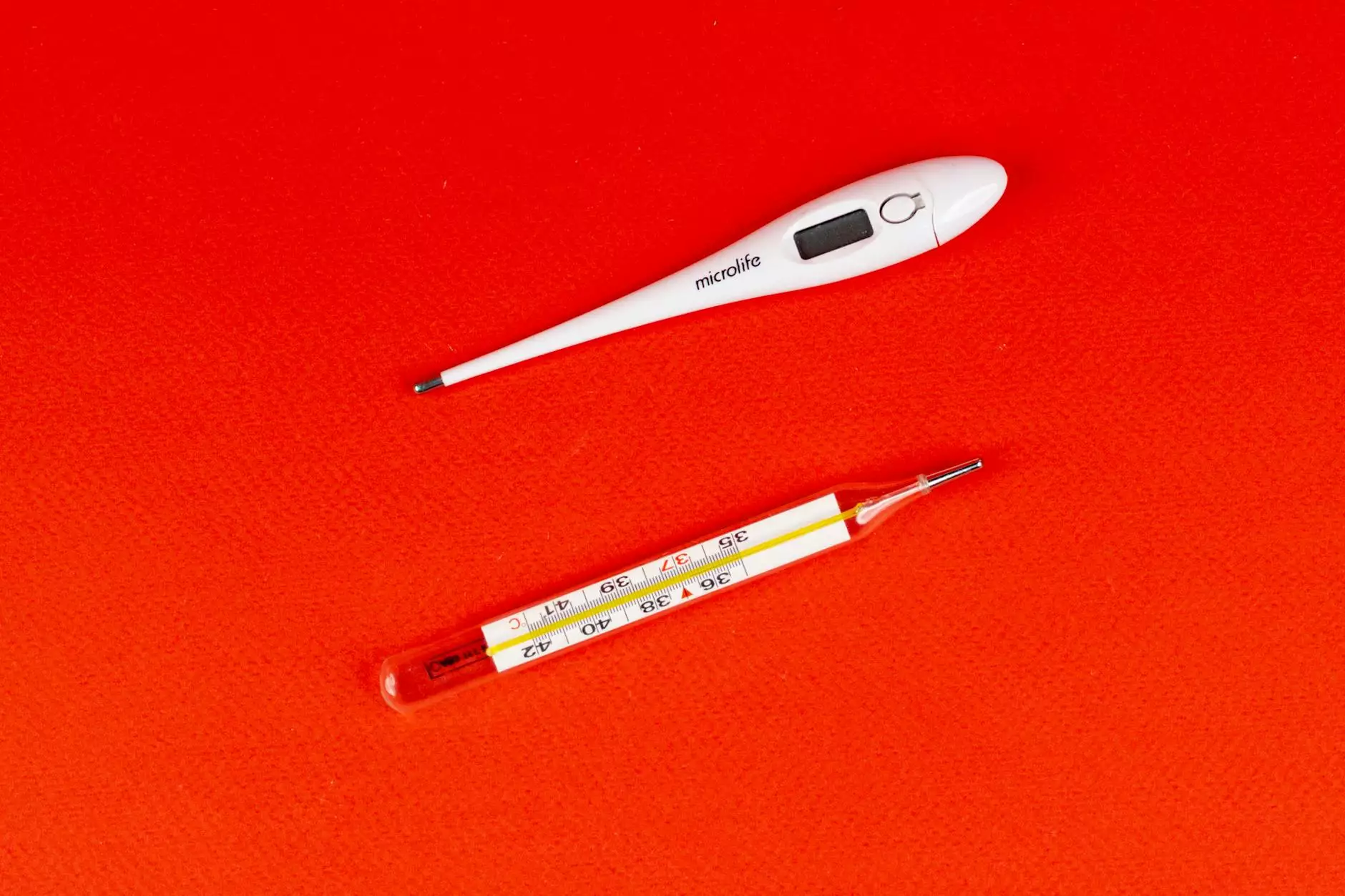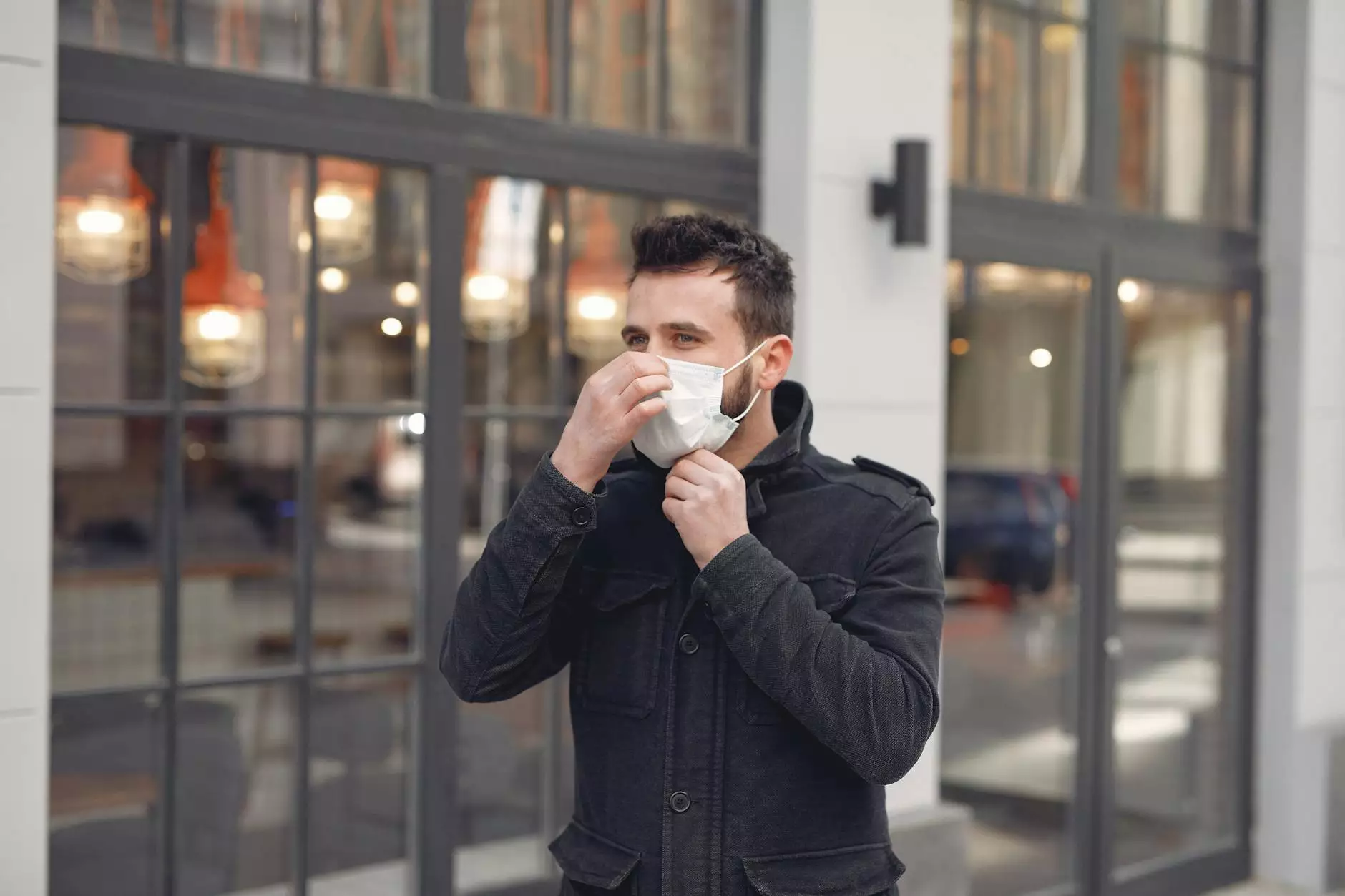What is an Allergy Filter and Other Questions about Allergy Filters
Blog
Introduction to Allergy Filters
Allergy filters, also known as air filters or HVAC filters, play a crucial role in improving indoor air quality. They are designed to capture and remove various allergens, pollutants, and contaminants from the air we breathe. By effectively filtering out these particles, allergy filters help reduce the risk of allergy symptoms and respiratory issues.
How Do Allergy Filters Work?
Allergy filters typically consist of a dense fibrous material, such as fiberglass or pleated fabric. As air passes through the filter, the fibers trap and hold onto airborne particles, preventing them from circulating back into the environment. The efficiency of an allergy filter is measured by its Minimum Efficiency Reporting Value (MERV) rating, which ranges from 1 to 20, with higher numbers indicating a higher level of filtration.
The Benefits of Allergy Filters
Investing in quality allergy filters offers numerous benefits for both residential and commercial spaces. Here are some key advantages:
1. Improved Indoor Air Quality
Allergy filters remove common allergens like pollen, dust mites, pet dander, mold spores, and bacteria, helping to create a healthier indoor environment. This is especially important for individuals with allergies, asthma, or other respiratory conditions.
2. Reduction in Allergy Symptoms
By capturing allergens, allergy filters can significantly reduce allergy symptoms such as sneezing, coughing, itchy eyes, and congestion. This allows individuals to enjoy a more comfortable living or working space.
3. Enhanced HVAC System Performance
Allergy filters help keep your heating, ventilation, and air conditioning (HVAC) system clean. By preventing the buildup of dust and debris, they promote optimal performance and energy efficiency, potentially reducing maintenance costs and extending the lifespan of your HVAC equipment.
4. Protection from Airborne Viruses and Bacteria
High-quality allergy filters can trap and eliminate airborne viruses and bacteria, contributing to a healthier environment and minimizing the spread of illnesses.
Choosing the Right Allergy Filter for Your Needs
Selecting the appropriate allergy filter for your specific requirements is essential. Here are the factors to consider when choosing an allergy filter:
1. MERV Rating
Consider the MERV rating of the filter. Higher MERV ratings indicate superior filtration capabilities. However, it's important to ensure that the chosen filter is compatible with your HVAC system, as filters with very high MERV ratings may restrict airflow.
2. Type of Filter
Allergy filters are available in different types, including fiberglass, pleated, electrostatic, and activated carbon filters. Each type has its own advantages and efficiency in capturing specific particles. Research and consult with professionals to determine the most suitable filter type for your needs.
3. Size and Dimensions
Ensure that the dimensions of the filter match your HVAC system's requirements. Ill-fitting filters may allow air bypass and reduce filtration effectiveness.
4. Filter Replacement Schedule
Establish a regular filter replacement schedule to maintain optimal filtration performance. Most allergy filters need to be replaced every three months, but this may vary depending on factors such as usage and air quality.
Conclusion
Allergy filters are essential for maintaining clean and healthy indoor air. Southside Fixtures offers a wide range of high-quality allergy filters to suit your specific needs. By investing in a reliable allergy filter, you can significantly improve indoor air quality, reduce allergy symptoms, and enhance the performance of your HVAC system. Take control of your indoor environment today!










